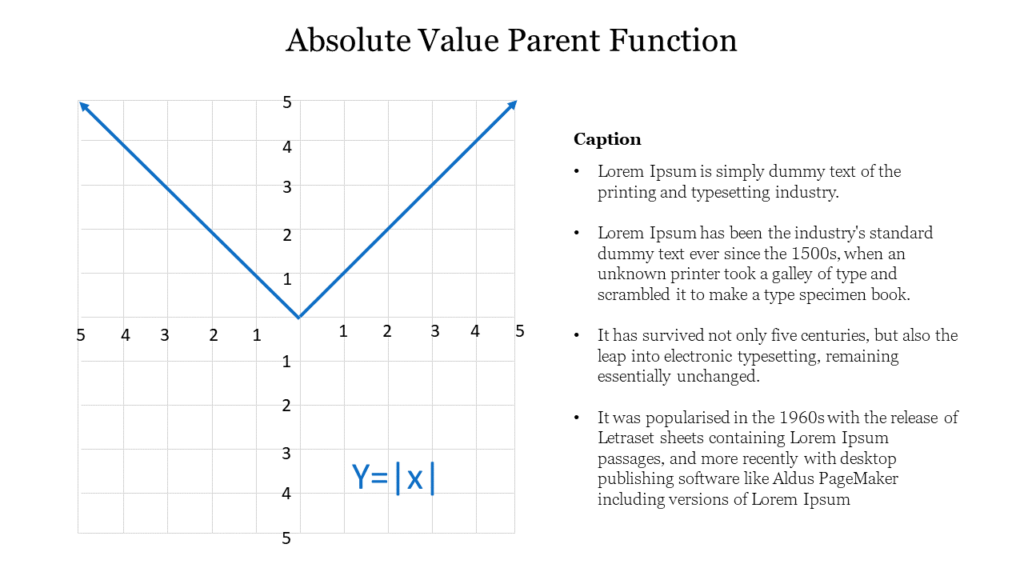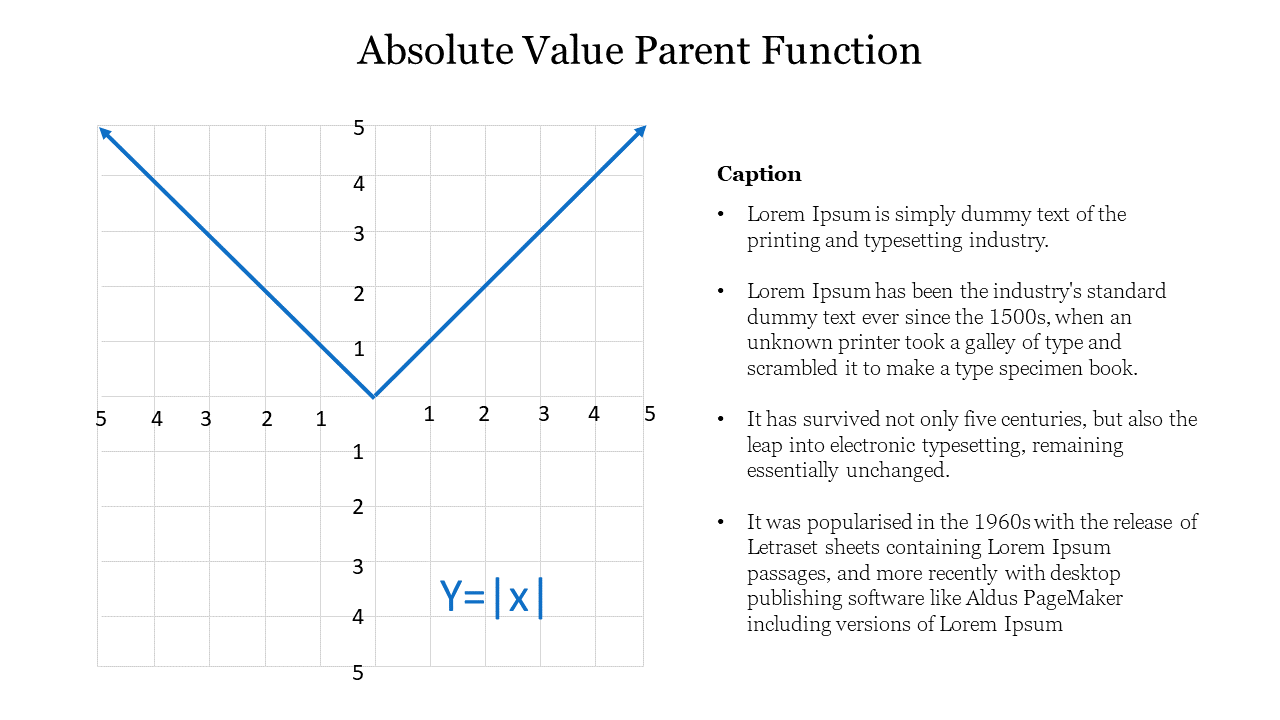
Understanding and Honoring the Value of Parents: A Comprehensive Guide
The value of parents is a cornerstone of societal well-being, influencing individual development and community strength. Recognizing and honoring the contributions of mothers and fathers, or parental figures, is essential for fostering healthy families and a supportive environment for future generations. This article delves into the multifaceted value of parents, exploring their roles, the challenges they face, and strategies for showing appreciation and support.
The Indispensable Roles of Parents
Parents serve as primary caregivers, educators, and role models. Their influence spans across various aspects of a child’s life, shaping their physical, emotional, and intellectual growth.
Physical Care and Nurturing
From infancy through adolescence, parents provide the basic necessities for survival and well-being. This includes providing food, shelter, clothing, and healthcare. These fundamental provisions ensure that children have a stable foundation upon which to build their lives. The value of parents in providing this security cannot be overstated.
Emotional Support and Guidance
Beyond physical needs, parents offer emotional support and guidance, helping children navigate the complexities of life. They provide a safe space for children to express their feelings, offer encouragement during challenging times, and celebrate their achievements. This emotional scaffolding is crucial for developing resilience and self-esteem. Children who feel emotionally supported are more likely to thrive academically, socially, and personally. The emotional labor and commitment underscore the profound value of parents.
Education and Skill Development
Parents play a significant role in a child’s education, both formally and informally. They instill a love of learning, encourage curiosity, and provide opportunities for exploration. Parents often assist with homework, read to their children, and engage them in educational activities outside of school. This early exposure to learning can have a lasting impact on a child’s academic success. The value of parents is clearly demonstrated in their dedication to fostering intellectual growth.
Moral and Ethical Development
Parents are instrumental in shaping a child’s moral compass. They teach values such as honesty, respect, responsibility, and empathy. Through their words and actions, parents model ethical behavior and guide children in making sound decisions. This moral foundation helps children develop into responsible and compassionate adults who contribute positively to society. The value of parents in this sphere is invaluable.
Challenges Faced by Parents
Parenting is a demanding and often challenging endeavor. Parents face a multitude of obstacles that can impact their ability to provide the best possible care for their children.
Financial Strain
Raising children can be expensive. Parents often struggle to balance their financial obligations with the costs of childcare, education, healthcare, and other essential expenses. Economic hardship can create stress and limit the opportunities available to children. Understanding the financial burden highlights the value of parents despite these constraints.
Time Constraints
Balancing work, family, and personal responsibilities can be difficult. Parents often feel overwhelmed by the demands on their time, leaving them with little opportunity for self-care or relaxation. Time constraints can lead to burnout and negatively impact the quality of parent-child interactions. Recognizing these time constraints underscores the dedication and value of parents.
Lack of Support
Some parents lack adequate support from family, friends, or community resources. Single parents, in particular, may face unique challenges due to the absence of a co-parent. Without a strong support network, parents can feel isolated and overwhelmed. Community support is crucial in recognizing the value of parents and providing necessary assistance.
Mental and Physical Health
The stresses of parenting can take a toll on a parent’s mental and physical health. Parents are at risk for depression, anxiety, and other mental health conditions. Additionally, the physical demands of caring for children can lead to exhaustion and health problems. Addressing these health concerns is essential for maintaining the value of parents and ensuring their well-being.
Strategies for Honoring and Supporting Parents
Recognizing the value of parents requires more than just acknowledging their contributions; it necessitates actively supporting them in their roles. Here are some strategies for showing appreciation and providing assistance:
Express Gratitude
A simple thank you can go a long way in making parents feel appreciated. Take the time to express your gratitude for their sacrifices, love, and support. Whether it’s a handwritten note, a heartfelt conversation, or a small gift, showing appreciation can boost a parent’s morale and strengthen your relationship. Recognizing the value of parents often starts with simple expressions of gratitude.
Offer Practical Assistance
Provide practical help to ease the burden on parents. This could include offering to babysit, running errands, preparing meals, or helping with household chores. Small acts of kindness can make a big difference in a parent’s life. Offering practical assistance is a tangible way to demonstrate the value of parents.
Provide Emotional Support
Listen to parents without judgment and offer a shoulder to lean on during difficult times. Validate their feelings and offer encouragement. Being a supportive friend or family member can help parents feel less alone and more resilient. Emotional support reinforces the value of parents and their emotional well-being.
Advocate for Parent-Friendly Policies
Support policies that benefit parents and families, such as paid parental leave, affordable childcare, and flexible work arrangements. Advocate for these policies at the workplace, in the community, and at the governmental level. Promoting parent-friendly policies is a societal recognition of the value of parents.
Promote Self-Care
Encourage parents to prioritize their own well-being. Remind them that taking care of themselves is not selfish but essential for their ability to care for their children. Offer to help them find time for exercise, relaxation, and other self-care activities. Self-care is vital for maintaining the value of parents and their overall health.
The Long-Term Impact
The value of parents extends far beyond the immediate family. Strong families contribute to strong communities and a thriving society. By investing in parents and providing them with the support they need, we can create a better future for all. Children who grow up in supportive and nurturing environments are more likely to succeed in school, maintain healthy relationships, and contribute positively to society. The long-term impact underscores the critical value of parents.
Furthermore, recognizing and honoring the value of parents promotes intergenerational respect and understanding. When children see their parents valued and supported, they are more likely to appreciate their own parents and carry on the tradition of valuing family. This cycle of respect and appreciation strengthens family bonds and creates a more compassionate society. The continued recognition of the value of parents is crucial for a thriving society. [See also: Supporting Single Parents: A Guide to Resources and Strategies]
In conclusion, the value of parents is immeasurable. Their contributions to individual development and societal well-being are essential. By understanding the challenges they face and implementing strategies for showing appreciation and support, we can create a more nurturing and equitable society for all families. Let us continue to recognize, honor, and support the invaluable value of parents in our communities and beyond.

